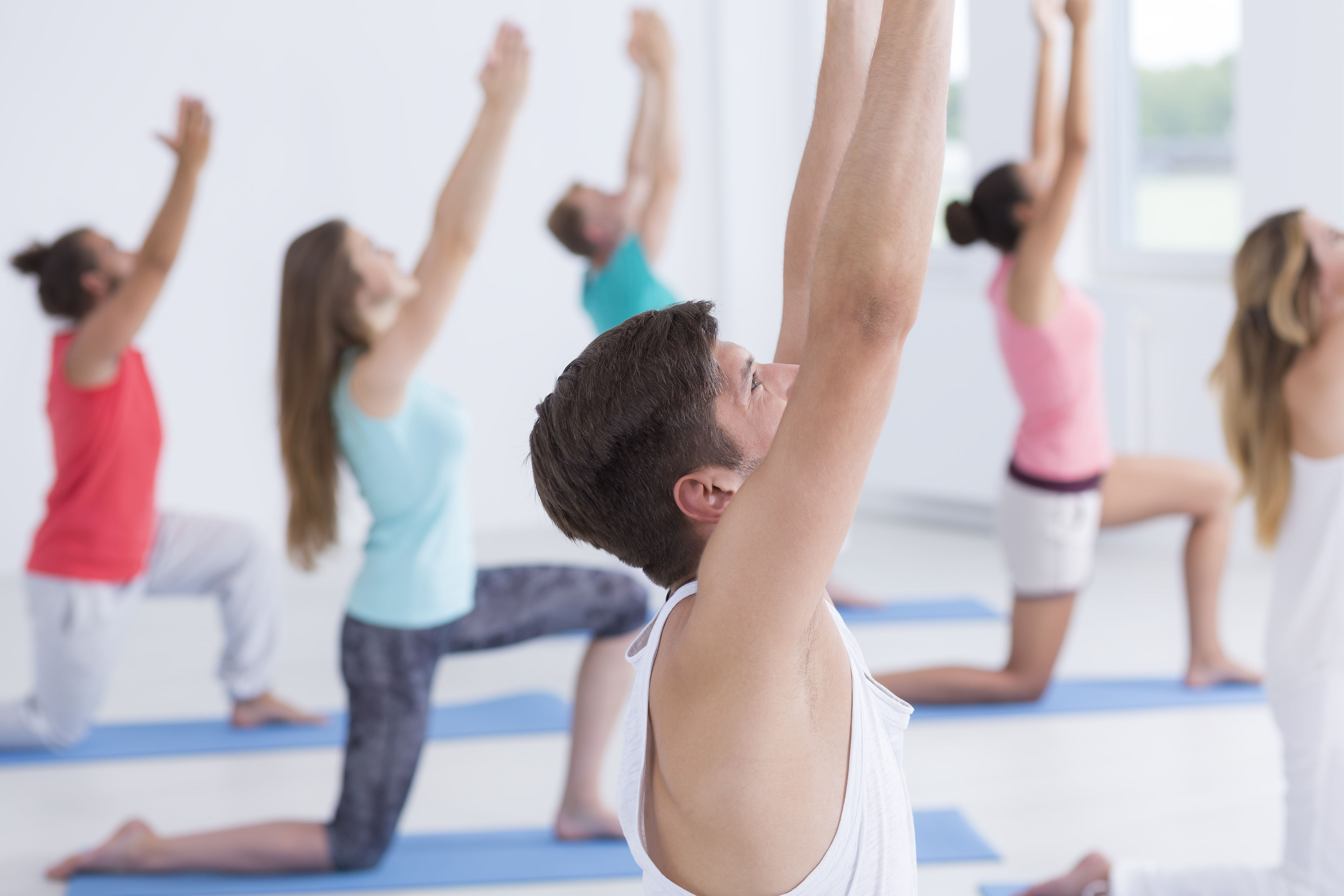What’s This Research About?
The researchers note that as a complementary therapy, yoga has been shown
to improve musculoskeletal ailments including neck pain, low back pain, and
osteoarthritis. However, these yoga interventions are led in highly controlled
experimental conditions which do not reflect the recreational yoga conditions
the average practitioner may encounter where yoga may provide inconsistent
physical demands (i.e. yoga is defined as a lifestyle for some while others consider
it a workout). The researchers argue that recreational yoga conditions may
cause musculoskeletal ailments, citing papers from Australia, the US, and Finland.

TITLE: Musculoskeletal pain associated with recreational yoga participation: A prospective cohort study with a 1-year follow-up
PUBLICATION: Journal of Bodywork & Movement Therapies
DATE: 2017
AUTHORS : Marc Campo, Mariya P. Shiyko, Mary Beth Kean, Lynne Roberts, Evangelos Pappas
Prospective cohort study: A prospective study watches a cohort (a group of people with a commonality) for the development of certain outcomes over a defined study period (usually long) and attempts to establish risk factors and/or protections factors of these outcomes.
Recreational yoga conditions: non-standardized and variable yoga sequences and instruction you may encounter out in the world
Experimental yoga conditions: standardized and quality controlled yoga intervention led by screened instructor in a regulated setting

